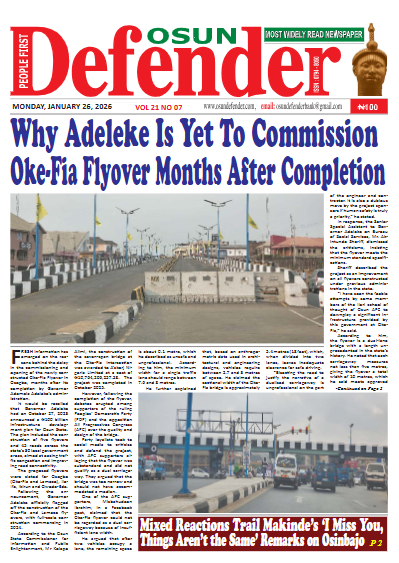Nov 4: Black Market Dollar To Naira Rate

As of November 4, 2024, the exchange rate for the US dollar (USD) to the Nigerian Naira (NGN) in the parallel market, also known as the black market, has climbed to N1,720 for 1 USD. This marks a continuing trend in the depreciation of the naira within the informal foreign exchange market.
The black market rate is typically obtained from daily data provided by Bureau De Change (BDC) operators, who play a central role in the informal currency exchange industry in Nigeria. These operators cater to a significant portion of the demand for foreign currency due to restricted access to dollars through official banking channels.
In Nigeria, black market rates for the dollar often differ substantially from the official rates set by the Central Bank of Nigeria (CBN). This difference is primarily due to the dynamics of supply and demand within the informal sector, where foreign currency is typically harder to access.
On November 4, 2024, the buying rate for the dollar in the black market was recorded at N1,713, while the selling rate stood at N1,720. These rates highlight a consistent upward pressure on the naira, as demand for foreign currency frequently exceeds available supply in the parallel market.
The rates in the black market are known to be highly volatile and can fluctuate several times throughout the day. This fluctuation is influenced by a range of factors, including Nigeria’s prevailing economic conditions, market speculation, and changes in government policies affecting foreign exchange.
The persistent variations in the dollar-to-naira exchange rate within the black market reflect broader economic challenges in Nigeria, particularly the scarcity of foreign exchange reserves. This situation has created significant pressure on the naira, driving up demand in the informal market.
Contrasting with these parallel market rates, the Central Bank of Nigeria (CBN) maintains an official exchange rate, which today stands at N1,670 per USD. The CBN’s rate is often seen as more stable but less accessible to the general public, especially for individuals and small businesses who rely on BDC operators for foreign currency.
The substantial difference between the CBN’s official rate and the rates observed in the black market underscores the intense strain on the naira in recent times. The disparity highlights the limited access to foreign currency at the official rate, making it challenging for everyday consumers and businesses to meet their forex needs.
This gap between the official and parallel market rates also reflects underlying issues in Nigeria’s foreign exchange sector. A limited supply of foreign currency, combined with high demand, has led to increased exchange rate volatility, with the naira depreciating further in the informal market.
READ: Nov 2: Black Market Dollar To Naira Rate
Although the black market is not officially regulated, it often serves as a barometer for the real-world value of the naira, especially during periods of economic instability. The rates in the parallel market provide insights into the demand pressures and currency valuation outside of controlled official rates.
These conditions underscore the challenges faced by the Central Bank of Nigeria as it attempts to stabilize the naira amidst a volatile foreign exchange environment. With the gap between official and parallel market rates widening, the pressure on the CBN to intervene continues to grow.
Efforts to unify the exchange rate system have faced obstacles, as the demand for dollars has remained high, and foreign exchange inflows have been constrained. This divergence has also affected investor confidence, as potential investors may view the wide gap as an indication of underlying economic risks.
The current state of the dollar-to-naira exchange rate in the black market highlights the difficulties in balancing supply and demand in Nigeria’s foreign exchange market. For many Nigerians, the parallel market remains a crucial source for accessing foreign currency, despite the higher costs and risks associated with it.

Sodiq Lawal is a passionate and dedicated journalist with a knack for uncovering captivating stories in the bustling metropolis of Osun State and Nigeria at large. He has a versatile reporting style, covering a wide range of topics, from politics , campus, and social issues to arts and culture, seeking impact in all facets of the society.






